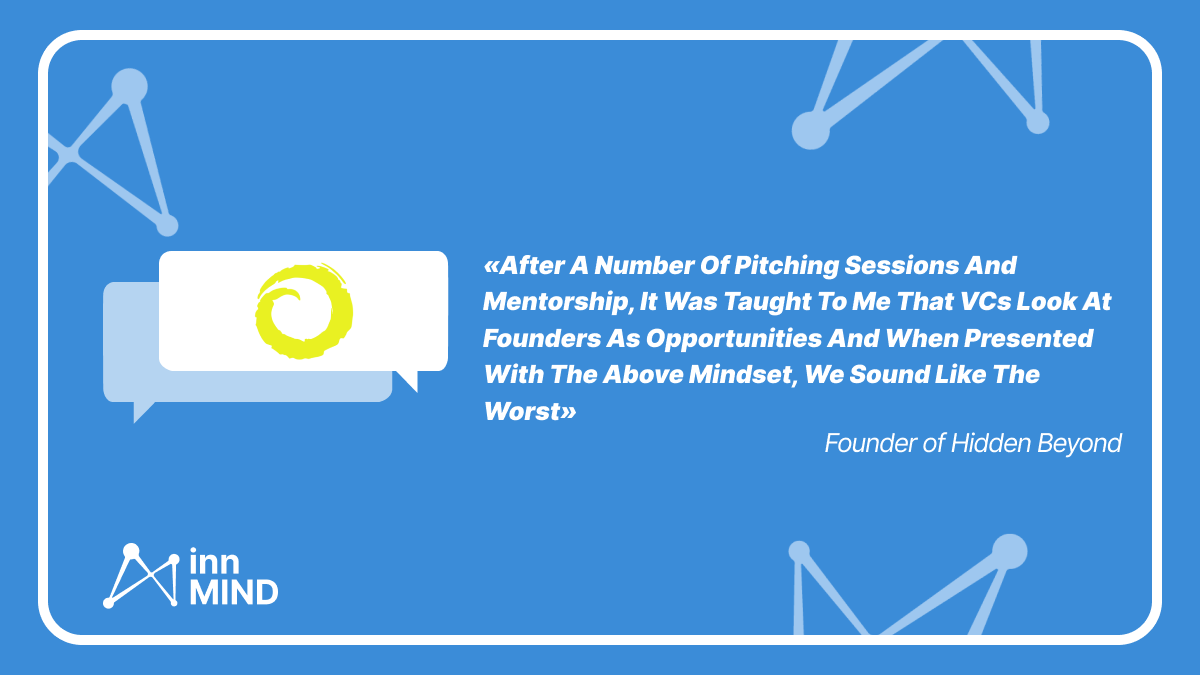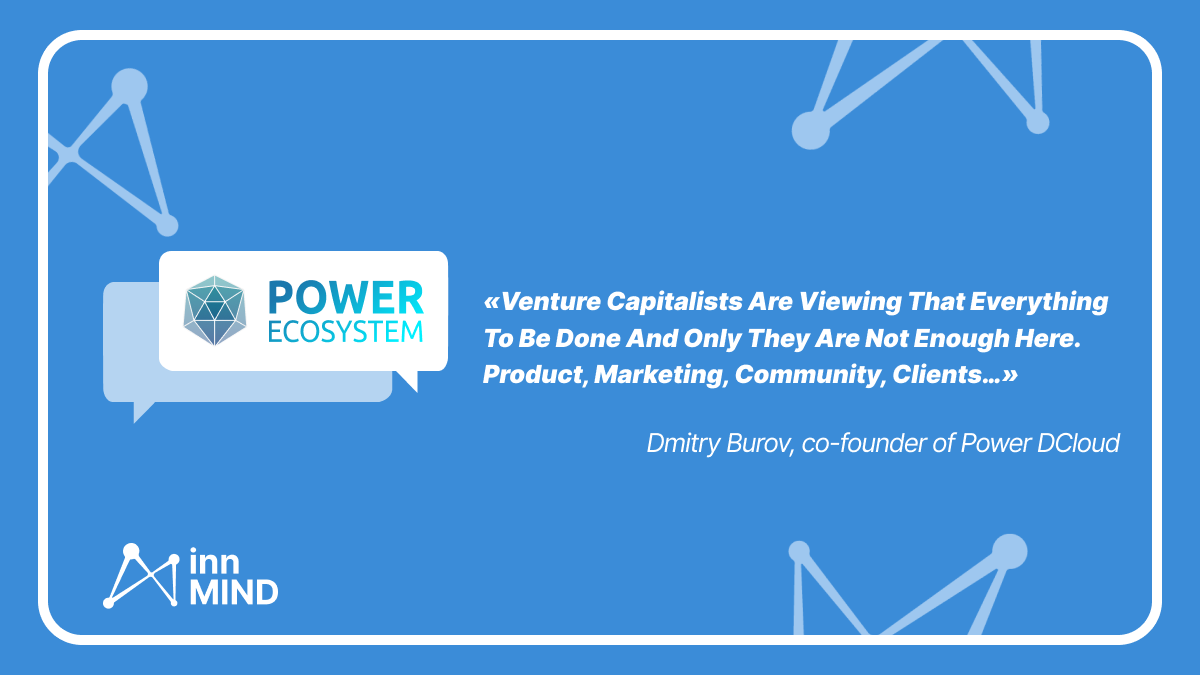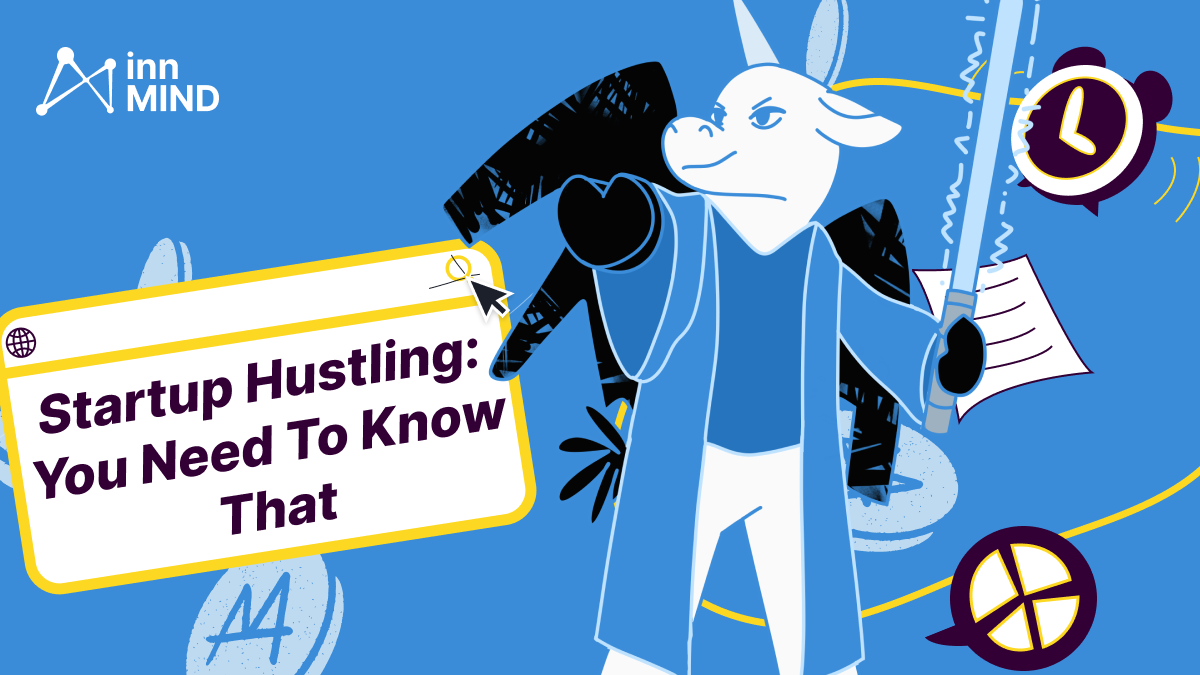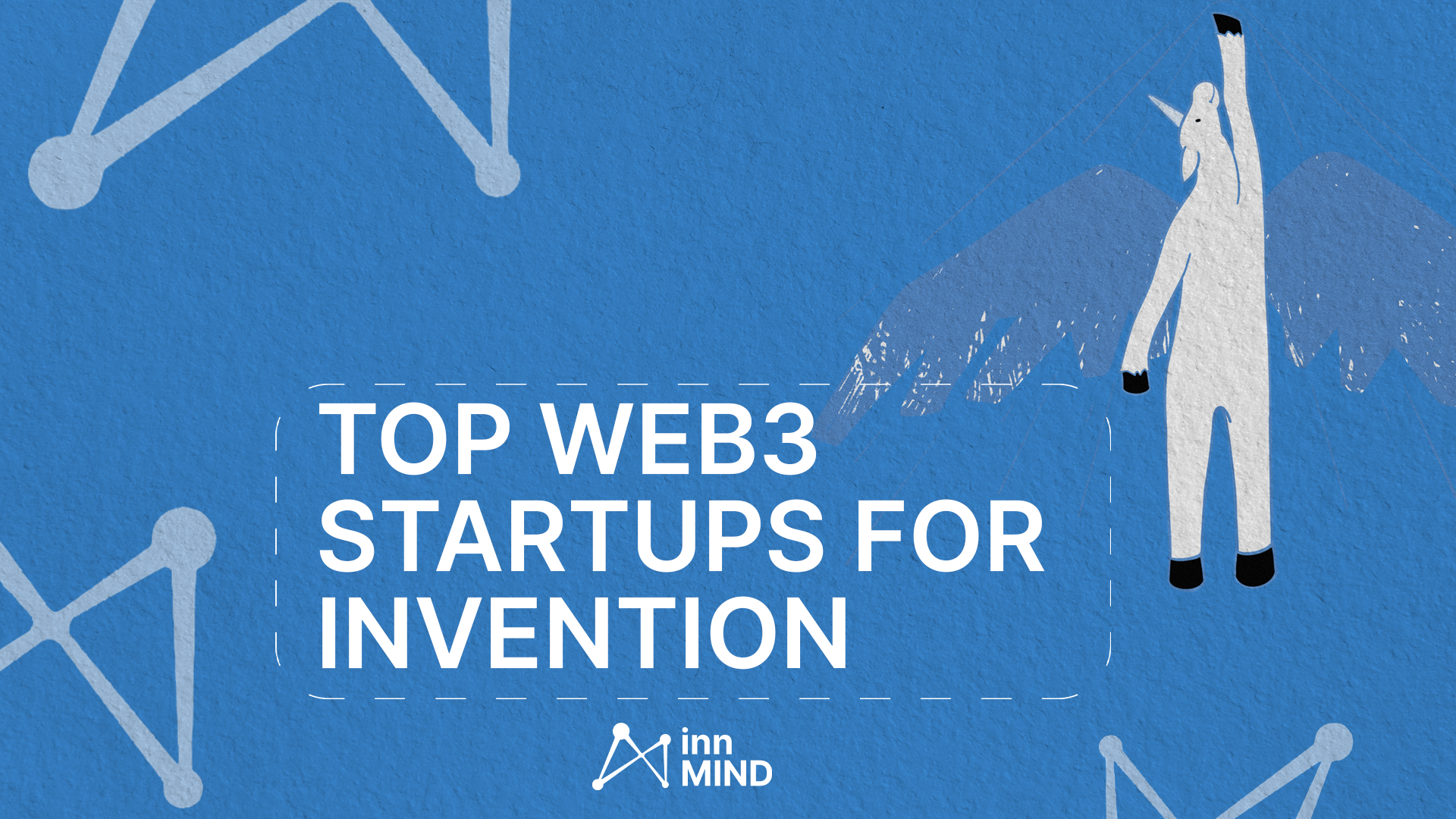Become the bravest web3 startup: tips to defense your project among VCs
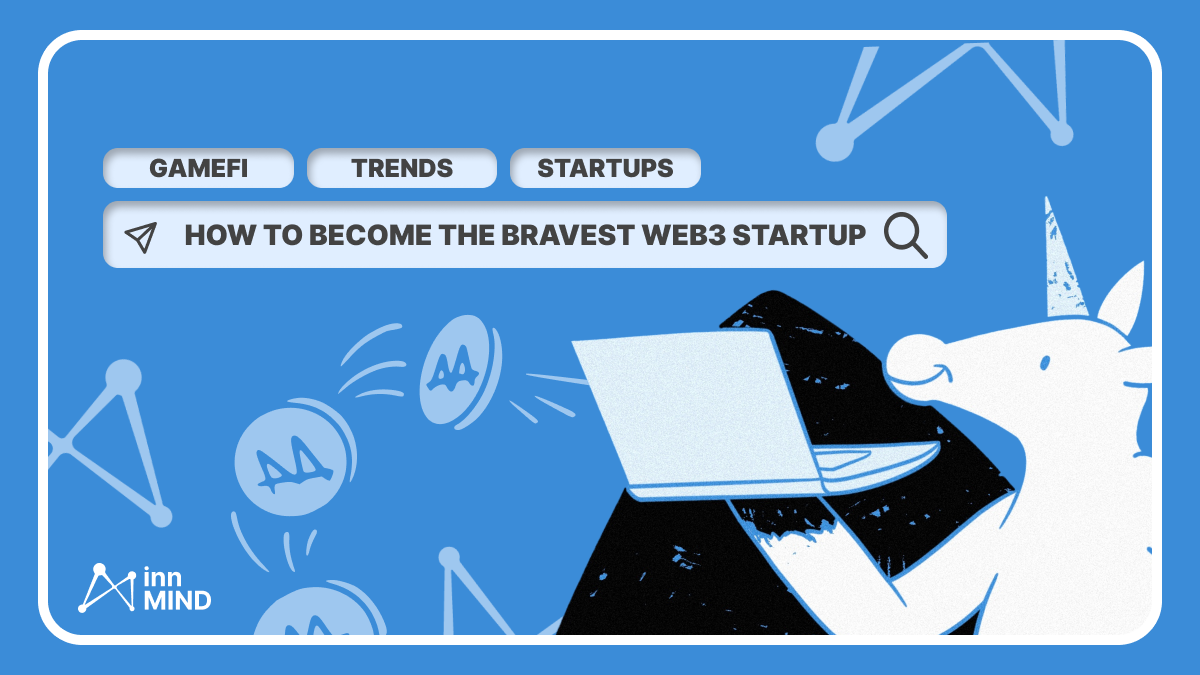
Despite the global economic situation, the market for investments in Web3 startups remains relatively stable. According to Crunchbase, the total amount of money invested by investors in the development of next-generation Internet-related companies reached more than $23 billion in 2022. Large venture capitalists continue to support crypto and blockchain companies by actively investing in interesting projects. At the end of August of this year, for example, Seven Seven Six , a digital asset-focused venture capital firm led by the co-founder of Reddit, created a $177 million fund for Web3 startups. In addition, North Island Ventures, an early-stage cryptocurrency venture capital firm, has committed between $250,000 and $3 million to 40 crypto and blockchain projects during 2022.
And yet, the willingness of investors to finance attractive Web3 startups is only half of the success for entrepreneurs who consider venture investments as an accelerator for the growth of their project. After all, a lot of work needs to be done before VCs can get interested.
When a startup thinks about attracting external investments, the question of preparing a business plan and presentation of the project (investment pitch deck) always arises — in their absence, it may be possible to talk to investors, but it will not go beyond talk.
Raising capital for Web3 companies is not that easy anymore. If during a bull run good startups could close a deal within a few days, on the “normal” and especially bear market it takes at least a few months. Before any VC decides on funding, the startup has three to many meetings with each potential investor, not even counting long chats, Q&As, exchange of documents, etc. At the meetings, it is desirable to show that the business is moving confidently toward the goal set, and to report on the key milestones passed — both in finances, product and business development.
Clear, measurable results of the project will help the entrepreneur gain the trust and interest of potential investors. In addition, the venture capitalist needs to make sure that the startup team is capable of executing its idea. For a potential investor to become a real investor, you need to show the maximum of what the project is capable of during the pitching process.
For startup founders that are actively fundraising from venture capitalists we prepared a new article with tips on how to defend your project while pitching to investors. We hope it will help you to prepare for the VC presentation and show the full potential of your project.
Will you be able to implement your startup idea?
It is important to convince an investor that your idea is viable, that it can be implemented, and that it has growth potential. To do this, you need to prepare — analyze the market and describe the technology you are using in the project.
Are the market opportunities for the startup great?
You need to calculate the volume of the market — how much the existing players are earning on it. And you need to show how much market share you plan to obtain. This data should correlate with the project's plans for multiple growth.
What positive dynamics did your startup achieve in the early stages?
One of the most important things for investors is the early success of the startup. You can get a venture capitalist interested in strategic partnerships with firms or companies, or a demonstration of a beta version or a minimally viable product.
Why is your startup's product unique?
Entrepreneurs should clearly articulate what the startup's product or service consists of and why it is unique. Therefore, before pitching, it is best to research your competitors: their products and how they differ from yours.
In what markets will you realize your startup?
The probability that a venture capitalist will invest in your idea increases if you plan to go international. You have to research these markets, too, and provide data.
Tell us about your competitors
The question about a startup's competitors will always be relevant, and any entrepreneur who answers that «we have no competitors» will prove to be a dishonest partner. So be sure to anticipate this question and try to gather as much information about your competitors and how their companies differ from yours.
How do you plan to market your startup?
Investors want to get an idea of how the company plans to market its products, what the cost of customer acquisition is, and what the long-term value of the customer is. Therefore, they need to know what audience your startup is targeting and what platforms it will be promoted through (social networks, major search platforms, advertising on company sites, etc.)
How do you estimate the value of your startup and how much support do you want to get?
If you tell an investor that you value your startup at $100 million, even though you started the business three weeks ago, the conversation is likely to end quickly. Sometimes it's better not to discuss valuation during pitching and say you expect a reasonable valuation. But venture capitalists also don't want to spend a lot of time on additional meetings with entrepreneurs, so they ask this question during the first presentation. Prepare for this situation and try to analyze the market and valuations of different startups.
Ready to get noticed
by crypto VCs?
Make your first step towards growthing your idea - create a profile on InnMind!
JOIN TODAY

